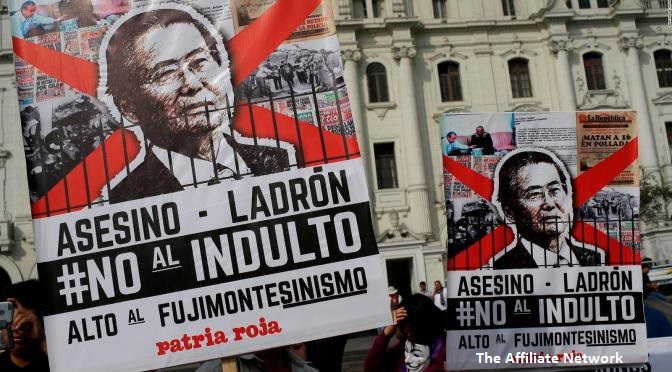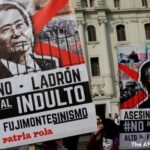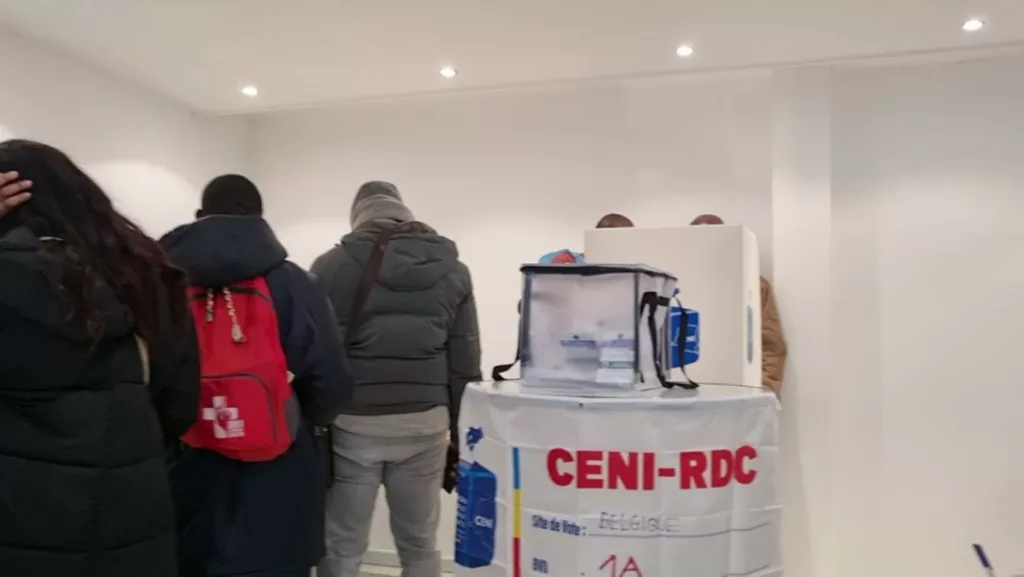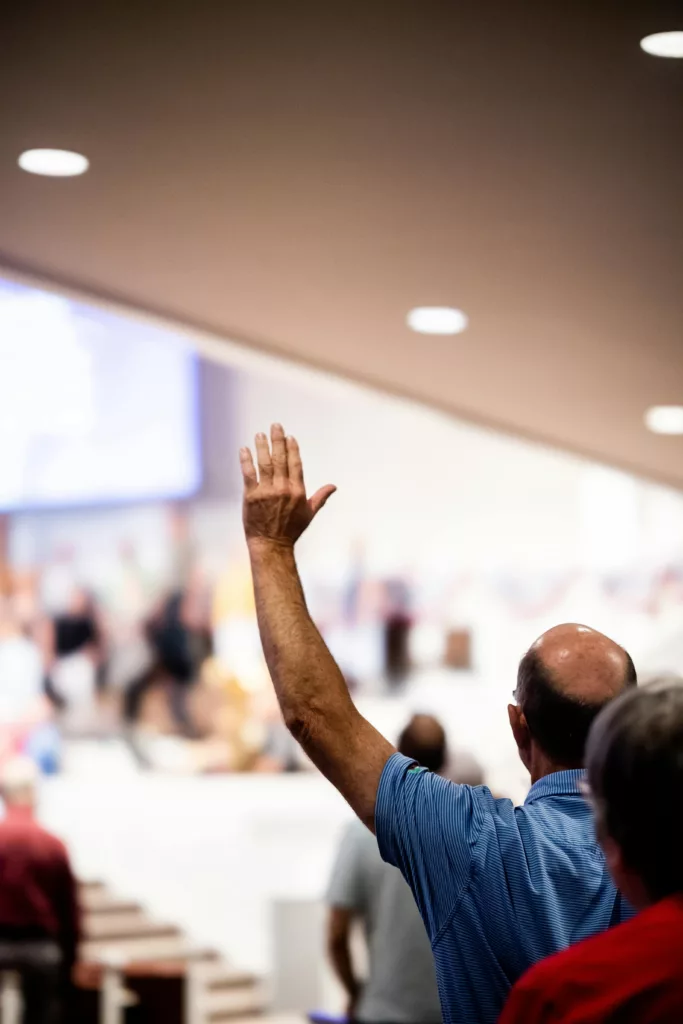On December 24, 2017, Peruvian President Pedro Pablo Kuczynski granted a humanitarian pardon to former President Alberto Fujimori sentenced to 25 years in prison for crimes against humanity. This decision, taken against the backdrop of a political crisis, provoked a wave of protests across the world and represents a new attack on the rule of law, which is too often abused in Peru.

Attachments
Notes[+]
| ↑1 | “Fujichoc” refers to the ultraliberal economic reform implemented by Fujimori (economic opening of borders, privatizations, etc.). |
|---|---|
| ↑2 | Alberto Fujimori, for example, maintained a direct and almost emotional relationship with the most disadvantaged sections of the population through clientelist practices. |
| ↑3 | The Shining Path is a far-left political group in the Ayacucho region led by Abimael Guzmán. In 1980, the group chose to enter into armed struggle against the Peruvian state, recruited among peasants and committed numerous criminal acts. |
| ↑4 | In addition to the Shining Path, the Tupac Amaru Revolutionary Movement is estimated to be responsible for 1.5% of conflict victims. |
| ↑5 | The Colina Group was an anti-communist military group led by Vladimiro Montesinos and commissioned by Alberto Fujimori. A veritable death squad, he was guilty of numerous crimes. |
| ↑6 | Amnesty International public statement of August 30, 2013. |
| ↑7 | Ollanta Humala was President of Peru from 2011 to 2016. |
| ↑8 | See the press release published on December 27, 2017 |
| ↑9 | Principle of adequacy of means to a desired end. |
| ↑10 | The Fujimorist party dominates Parliament. |
| ↑11 | FIDH and Perú EQUIDAD, “Justicia fallida, la obstinada incapacidad estatal para guaranteear la propiedad, los derechos fundamentales y la seguridad jurídica en el Perú”, Lima/Paris, October 2017. |
| ↑12 | Estimates from the Americas Barometer by LAPOP (2014), included in the report cited above. |







